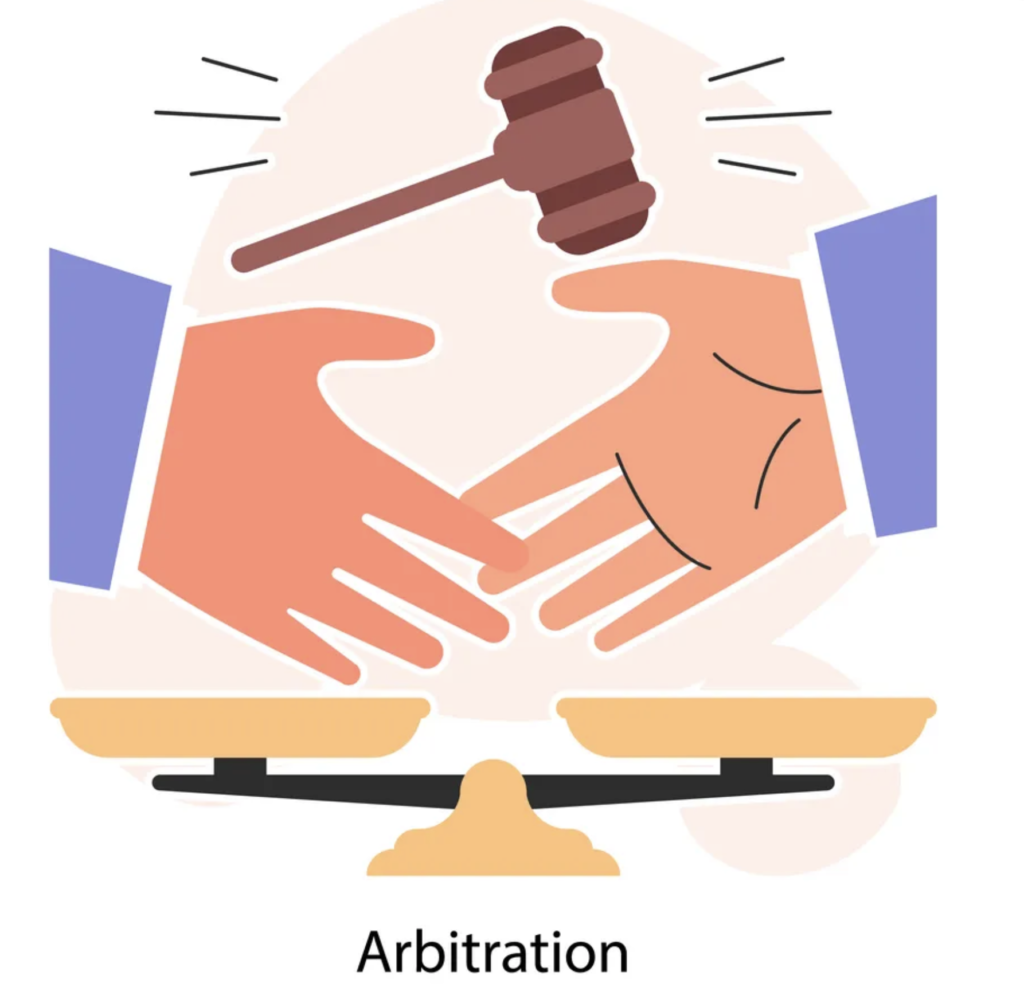CIETAC Arbitration Tribunal from Bangladesh
Arbitration Tribunal : In today’s globalized business landscape, cross-border disputes are not uncommon. When conflicts arise between Bangladeshi and Chinese parties involved in international transactions, resolving these disputes becomes crucial for maintaining commercial relationships and protecting business interests.
One effective method for settling such disputes is through arbitration, and the China International Economic and Trade Arbitration Commission (CIETAC) stands out as a trusted institution to facilitate this process. This article serves as a comprehensive guide for Bangladeshi parties seeking to initiate CIETAC arbitration against their Chinese counterparts.
- Understanding CIETAC Arbitration
CIETAC is one of the leading arbitration institutions in the world, renowned for its expertise in handling international commercial disputes. It provides a neutral and efficient platform for resolving disputes between parties from different countries. When a Bangladeshi party wishes to commence arbitration against a Chinese party, understanding CIETAC’s rules and procedures is essential.
- Preliminary Considerations
Before initiating CIETAC arbitration, several key factors should be considered:
a. Arbitration Agreement: Verify if there is a valid arbitration agreement between the parties. This agreement could be part of a contract, a separate agreement, or even referred to in a standard industry contract.
b. Jurisdiction: Determine whether CIETAC has jurisdiction over the dispute. CIETAC has the authority to decide on its jurisdiction, and objections should be raised in writing before the first oral hearing or, in the case of document-based disputes, before the submission of the first substantive defense.
c. Choice of Law: Consider the applicable law and procedural rules for the arbitration. Typically, parties are free to choose the governing law for their dispute.
d. Language: Agree on the language to be used during the arbitration proceedings. CIETAC allows parties to choose English, Chinese, or another language as the arbitration language.
- Initiating CIETAC Arbitration
Once the preliminary considerations are in order, the process of initiating CIETAC arbitration can begin:
a. Request for Arbitration: The Bangladeshi party, known as the Claimant, should prepare a Request for Arbitration in writing. This document should include details such as the names and addresses of both parties, a reference to the arbitration agreement, a statement of the facts and issues in dispute, the specific claims being made, and the legal and factual grounds for these claims.
b. Supporting Documents: Attach relevant documentary evidence that supports the claims made in the Request for Arbitration. Properly organized and presented evidence is crucial for a successful arbitration.
c. Arbitration Fee: Pay the arbitration fee in advance to CIETAC in accordance with its Arbitration Fee Schedule. Ensure that all required fees are submitted to avoid delays in the process.
- CIETAC’s Acceptance of the Case
Once CIETAC receives the Request for Arbitration, it will review the submission and assess whether the formalities required for arbitration application are complete. If everything is in order, CIETAC will send a Notice of Arbitration to both the Bangladeshi Claimant and the Chinese Respondent. This notice will include copies of CIETAC’s rules and a list of potential arbitrators.

If the formalities are found to be incomplete, CIETAC may request the Claimant to provide the missing information within a specified time frame. Failure to comply may result in the Request for Arbitration being rejected.
After CIETAC accepts the case, the arbitration proceedings officially commence. The parties will go through the following stages:
a. Statement of Defense: The Chinese Respondent is required to file a written Statement of Defense within 45 days from receiving the Notice of Arbitration. This statement should include a defense against the claims raised in the Request for Arbitration and should be supported by relevant evidence.
b. Counterclaim: If the Chinese Respondent wishes to make counterclaims against the Bangladeshi Claimant, these should also be submitted within the same 45-day period, along with the required arbitration fee.
c. Amendments and Additional Parties: Both parties have the right to amend their claims or counterclaims, provided that such amendments do not unduly delay the proceedings. Additionally, parties may request the joinder of additional parties if necessary.
